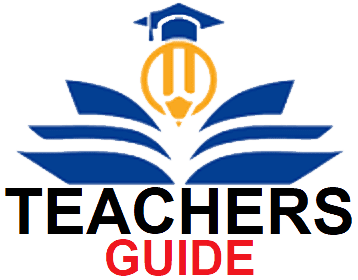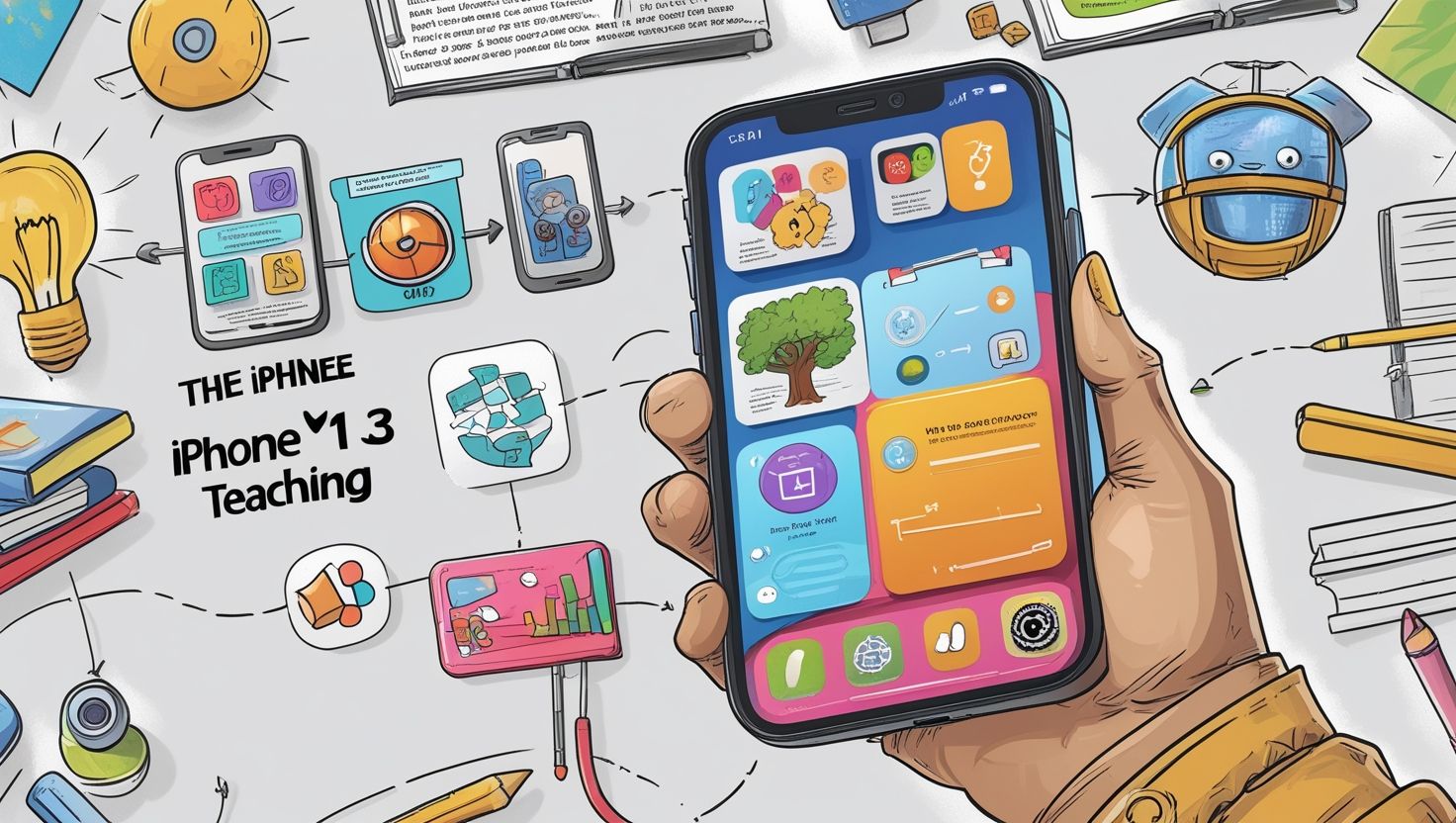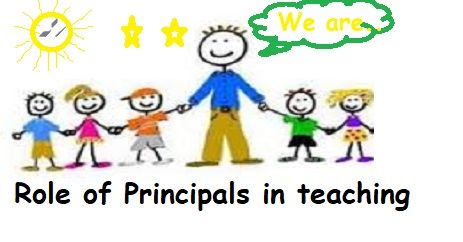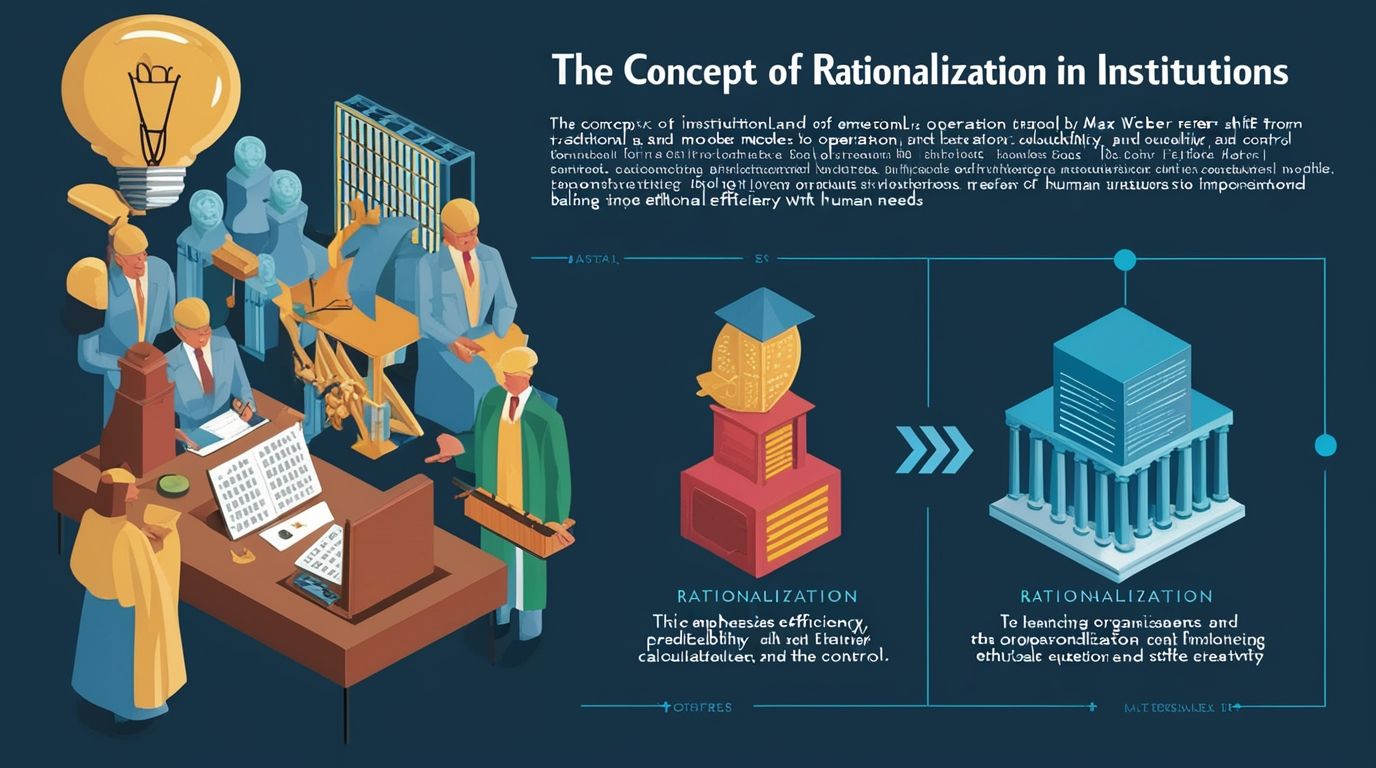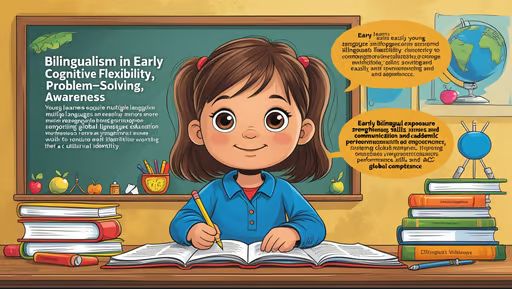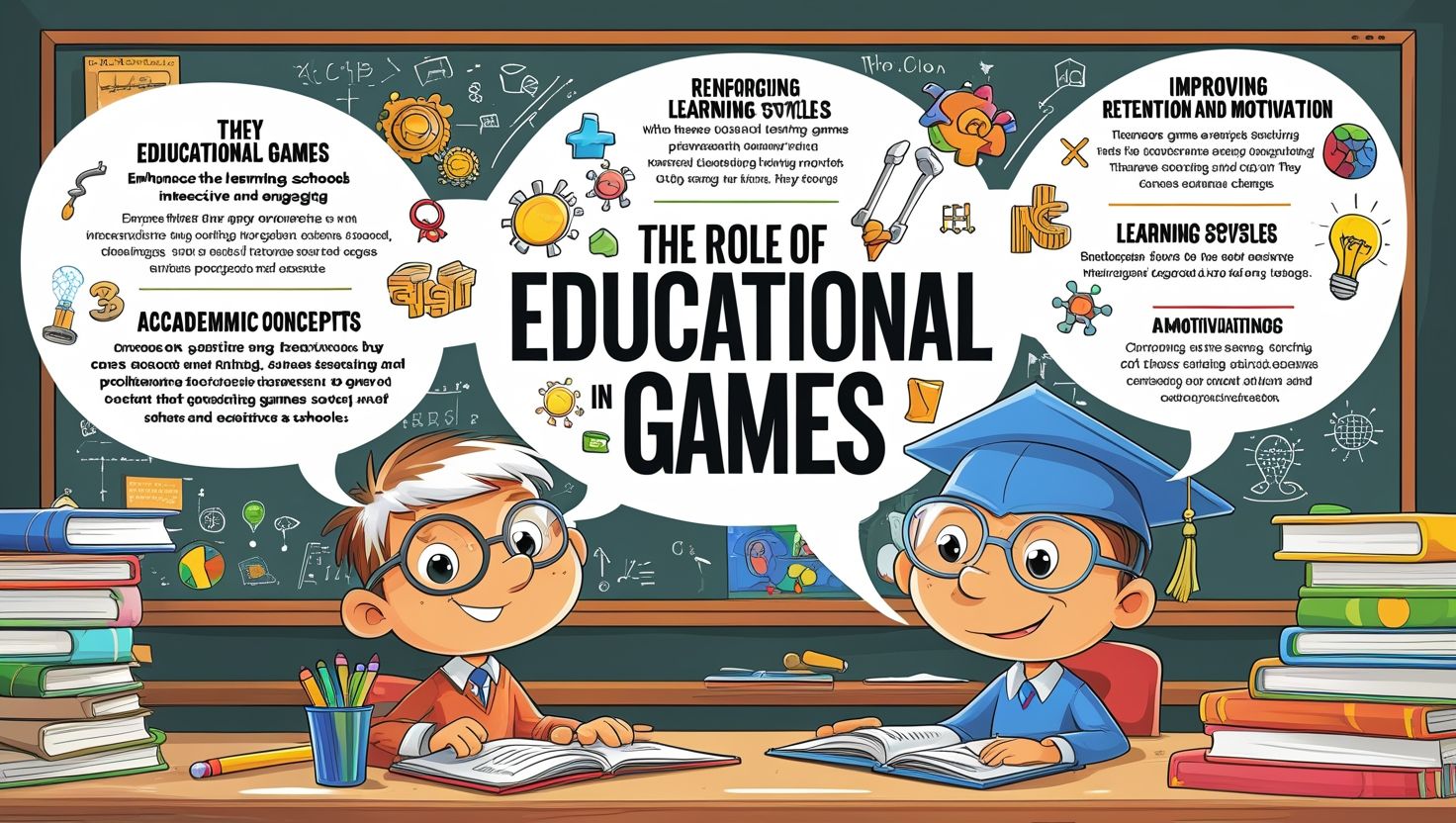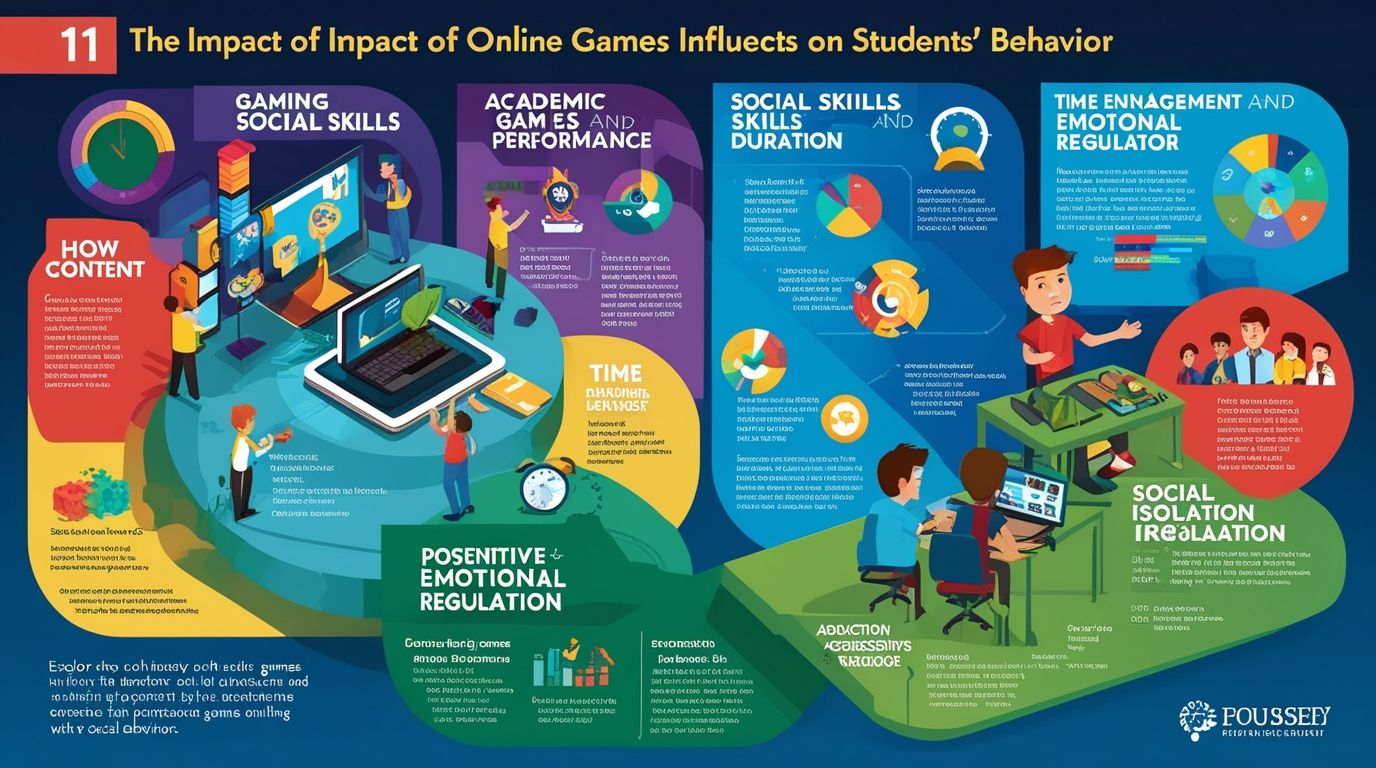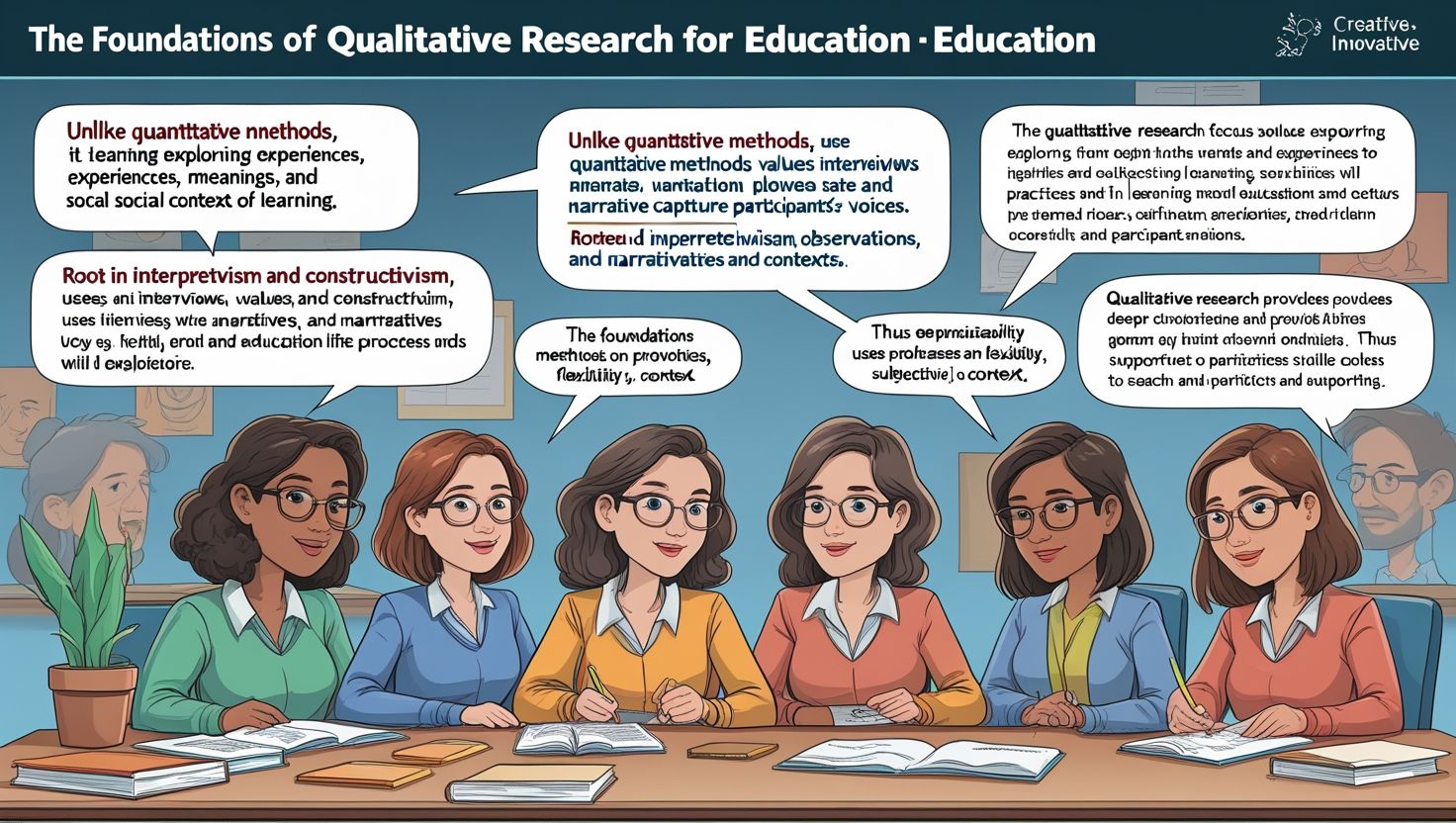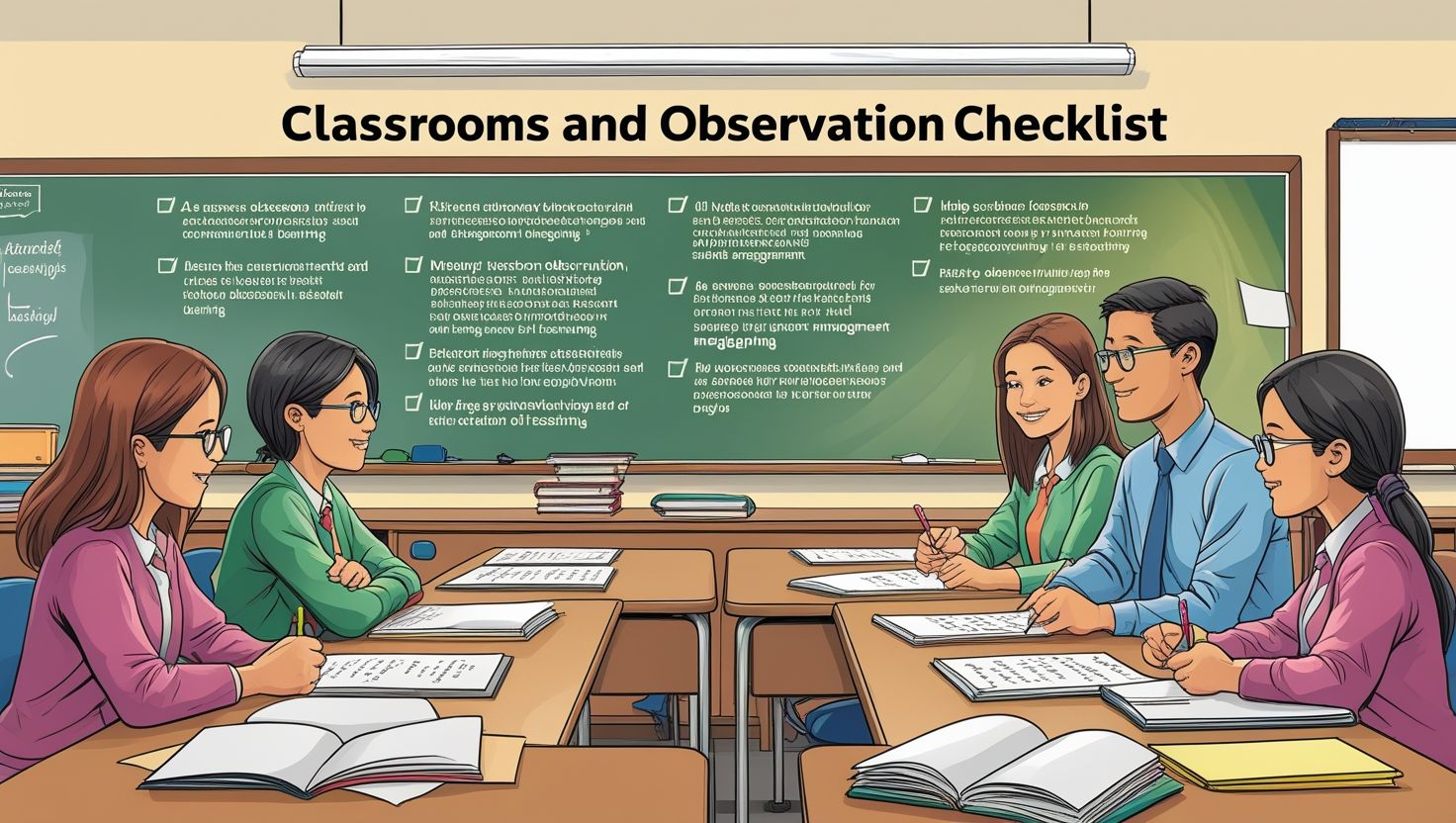Impact of Assembly Presentations in Schools
Introduction The Impact of Assembly Presentations in Schools is far-reaching, extending beyond routine gatherings to become vital platforms for student development. These assemblies nurture intellectual growth, instill values, and strengthen the sense of community within the school. They also provide opportunities for students to engage with diverse ideas, gain exposure to real-world experiences, and cultivate … Read more
